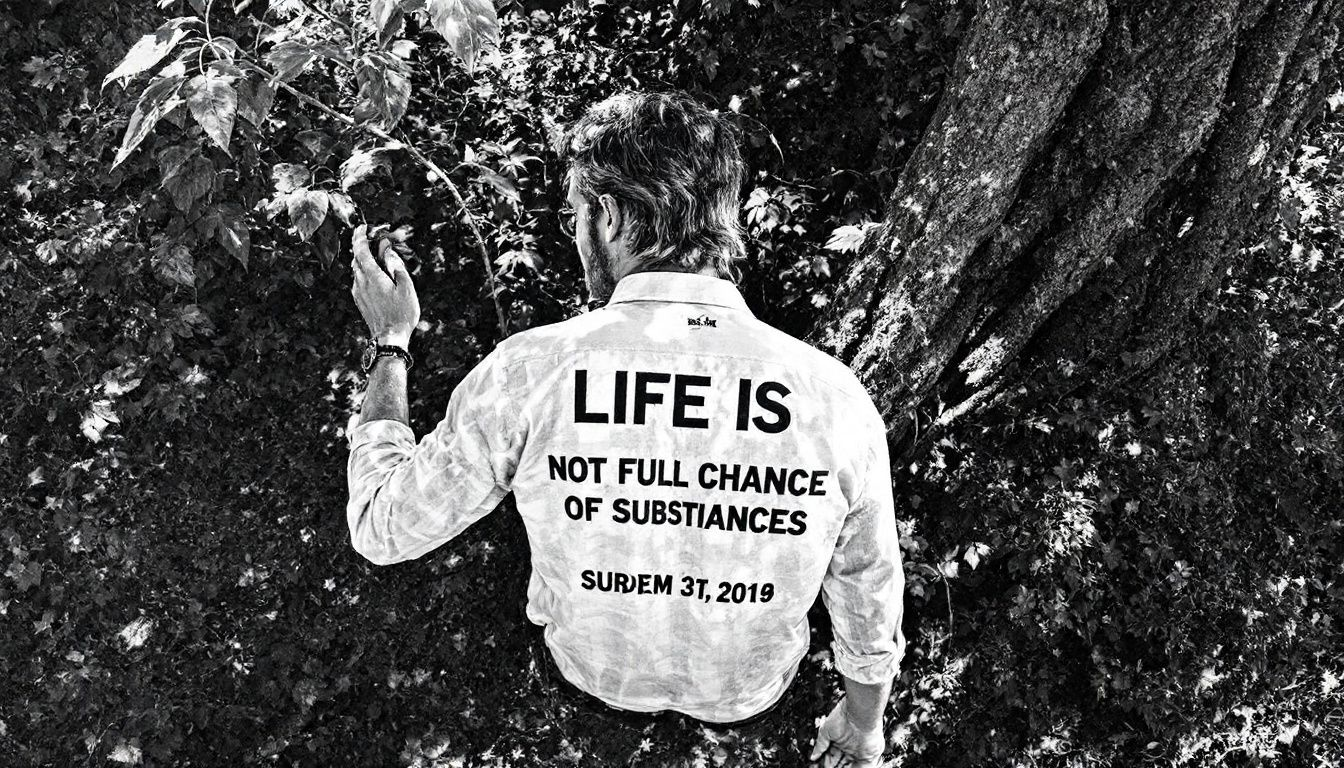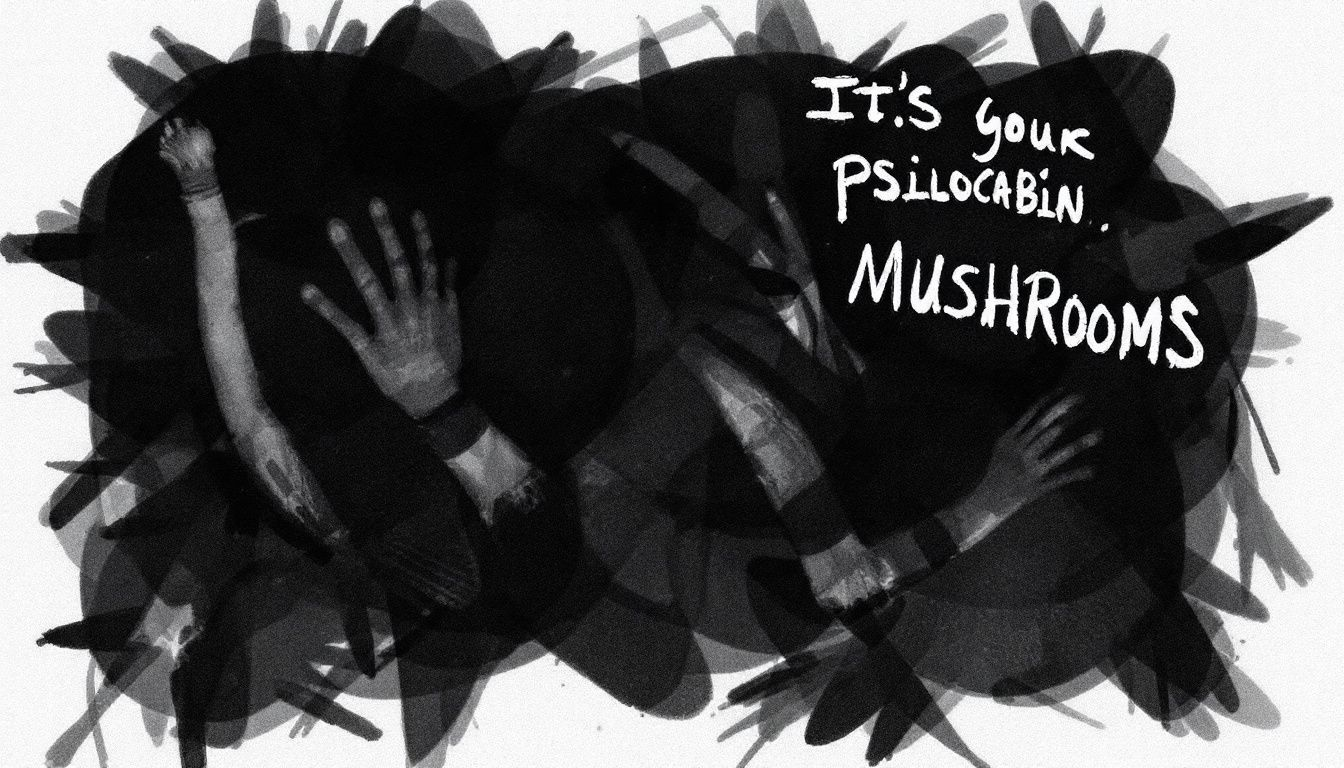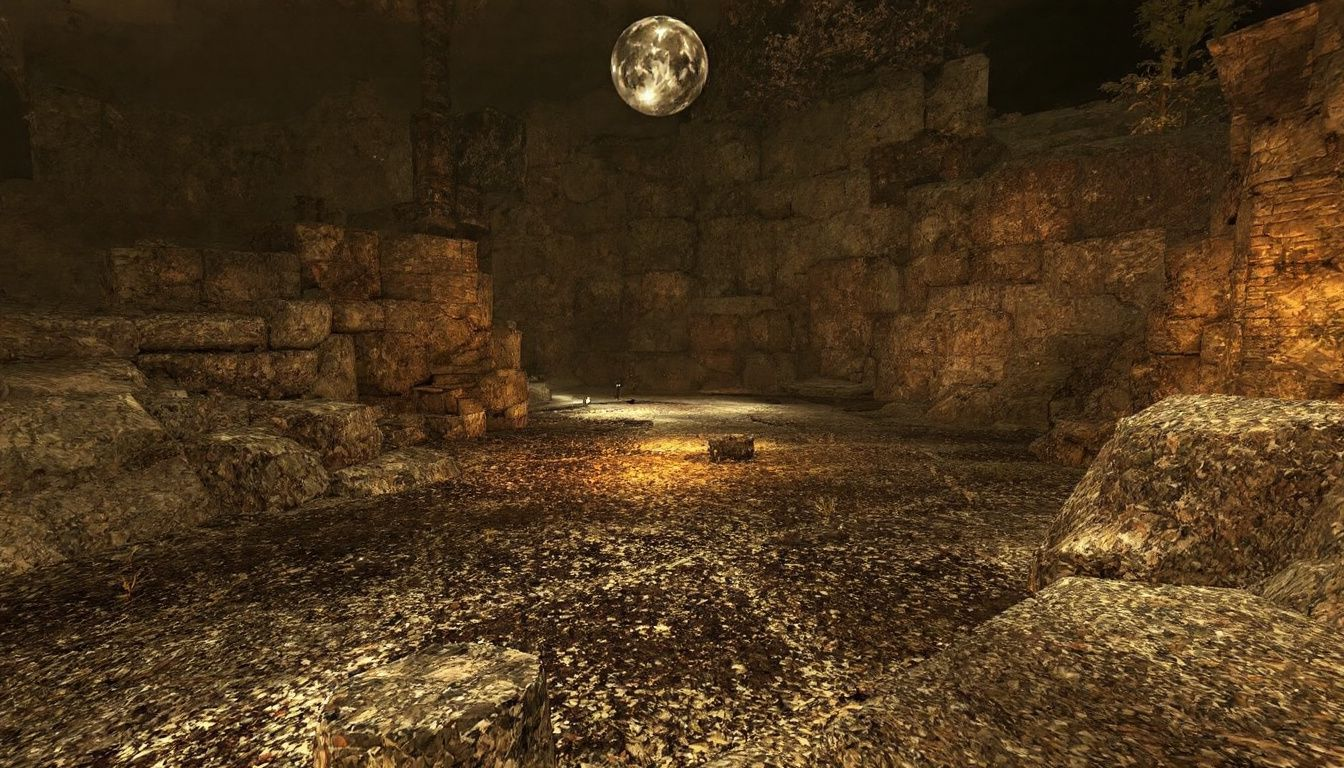How To
Psilocybin Mushroom Therapy: Benefits and Risks
Psilocybin mushroom therapy is an emerging treatment for mental health issues. Using psilocybin mushrooms, this therapy leverages their psychoactive properties to treat depression, anxiety, PTSD, and more. As scientific research supports its efficacy, many are curious about how it works and its potential benefits. This article delves into what psilocybin therapy is, its therapeutic uses, and what you can expect during a session.
Key Takeaways
- Psilocybin mushroom therapy has shown potential in treating various mental health disorders, including treatment-resistant depression, anxiety, PTSD, and substance use disorders.
- Clinical research indicates that psilocybin can induce significant and lasting therapeutic effects, often providing symptom relief within a very short period and facilitating deep psychological insights.
- Despite its promise, psilocybin therapy carries certain risks, including potential psychological adverse effects and legal considerations, necessitating professional supervision and careful patient assessment.
Understanding Psilocybin Mushroom Therapy

Psilocybin-assisted therapy involves using psilocybin mushrooms to treat various mental health conditions. These mushrooms contain psilocybin, a naturally occurring psychedelic compound that can alter perception, mood, and cognitive processes. This form of therapy is gaining traction as an innovative approach to addressing treatment-resistant mental health disorders, offering new hope where traditional treatments may have failed.
The therapeutic potential of psilocybin mushrooms lies in their ability to induce profound changes in consciousness and perception. Psilocybin therapy sessions are designed to harness these effects in a controlled, therapeutic setting, guided by trained professionals. Through these sessions, patients can explore deep-seated emotions, gain new perspectives, and experience significant psychological relief.
Historically, psilocybin mushrooms have been used for centuries in various cultures for spiritual practices and healing purposes. Today, modern science is revisiting these ancient practices, with institutions like the Johns Hopkins Center for Psychedelic and Consciousness Research leading the charge in psychedelic research. This resurgence of interest is paving the way for psilocybin therapy to become a recognized and valuable tool in the mental health field.
What Are Psilocybin Mushrooms?
Psilocybin mushrooms, often referred to as magic mushrooms, are a group of fungi that contain the psychoactive compound psilocybin. These mushrooms are characterized by their distinct appearance, typically featuring a conical cap and a slender stem. When ingested, psilocybin is converted into psilocin, which interacts with serotonin receptors in the brain to produce altered states of consciousness and perception.
Historically, psilocybin mushrooms have played a significant role in various cultures, often being used in sacred or spiritual rituals. Indigenous peoples in Central and South America, for example, have utilized these mushrooms in religious ceremonies for centuries, attributing their effects to divine or supernatural experiences.
Today, these ancient practices are being re-examined through the lens of modern science, revealing the potential therapeutic benefits of these psychedelic drugs.
Mechanism of Action
The therapeutic effects of psilocybin are primarily mediated through its interaction with the brain’s serotonin receptors. Once ingested, psilocybin is metabolized into psilocin, which binds to serotonin receptors, particularly the 5-HT2A receptors. This interaction leads to significant changes in brain dynamics, enhancing functional connectivity between various regions and increasing brain activity in areas responsible for attention and task switching.
Research has shown that psilocybin affects the claustrum area of the brain, which plays a critical role in consciousness and perception. Psilocybin can induce profound shifts in awareness and cognitive processes by altering activity in this region, facilitating deep emotional and psychological insights. These changes are believed to underlie the substantial therapeutic potential of psilocybin-assisted therapy.
Historical Context
Psilocybin mushrooms have a long history of use in traditional cultures for spiritual and healing purposes. Indigenous peoples have utilized these mushrooms in rituals and ceremonies, believing in their ability to connect individuals with higher spiritual realms and facilitate healing. This spiritual significance has been a cornerstone of psilocybin use for centuries.
In the modern era, psilocybin research began to flourish in the mid-20th century but was abruptly halted in the 1960s when psilocybin was classified as a Schedule I psychedelic drug in the United States. This classification labeled psilocybin as having a high potential for abuse and no accepted medical use, effectively stalling research.
However, recent years have seen a resurgence of interest, with institutions like Johns Hopkins leading the way in studying the therapeutic potential of psilocybin for various mental health conditions.
Therapeutic Applications of Psilocybin Mushroom Therapy

Psilocybin therapy has shown promise in treating a wide range of mental health disorders, particularly those that are resistant to conventional treatments. From depression and anxiety to PTSD and substance use disorders, psilocybin therapy offers a new avenue for those who have not found relief through traditional methods.
The potential therapeutic effects of psilocybin are being explored through rigorous clinical trials and studies. As researchers continue to uncover the benefits of this psychedelic compound, psilocybin therapy is emerging as a powerful tool in the mental health field.
The following sections will delve into specific applications and the evidence supporting their effectiveness.
Treatment-Resistant Depression
Psilocybin therapy offers hope for individuals with major depressive disorder (MDD) who have not responded to traditional treatments. Clinical trials have demonstrated that psilocybin can lead to rapid and significant reductions in depressive symptoms, often within just one or two sessions.
A study showed that half of the participants achieved remission from major depressive disorder after undergoing psilocybin therapy, with many showing sustained improvements over time. This remarkable success rate highlights the potential of psilocybin to provide relief where conventional antidepressant medications, such as selective serotonin reuptake inhibitors (SSRIs), may fall short.
Anxiety and End-of-Life Distress
Facing a terminal illness can lead to profound existential distress and anxiety. Psilocybin therapy has shown significant promise in alleviating these feelings, providing patients with a sense of peace and acceptance. Studies have found that psilocybin can enhance the quality of life for cancer patients by reducing anxiety, depression, and feelings of dread.
A double-blind study by Johns Hopkins researchers demonstrated psilocybin’s powerful impact on reducing anxiety and distress in end-of-life scenarios. Patients reported improved moods, a greater sense of spirituality, and a more positive outlook on life, even in the face of terminal illness.
PTSD and Trauma
Post traumatic stress disorder (PTSD) and trauma can profoundly impact an individual’s mental health and quality of life. Psilocybin therapy has shown potential in facilitating emotional breakthroughs for PTSD patients, helping them process and heal from their traumatic experiences. Studies indicate that more than 60% of participants report a reduction in PTSD symptoms after psilocybin therapy.
Individuals undergoing psilocybin therapy for PTSD often describe transformative experiences that substantially relieve their symptoms. Psilocybin therapy offers a promising alternative to conventional PTSD treatments, which often yield limited success, particularly for those with chronic symptoms or multiple traumas.
Substance Use Disorders
Psilocybin therapy has also shown effectiveness in treating substance use disorders, including smoking cessation and alcohol use disorder. In a pilot study, 10 out of 15 participants quit smoking for 12 months after undergoing psilocybin-assisted therapy.
Similarly, research on alcohol use disorder has found that individuals in the psilocybin group reported fewer heavy drinking days and reduced overall alcohol consumption compared to the control group. These findings indicate that psilocybin therapy can be a valuable tool in helping individuals overcome addiction and maintain long-term abstinence.
What to Expect in a Psilocybin Therapy Session
Embarking on a psilocybin therapy journey involves several stages, each crucial to the overall therapeutic experience. A typical psilocybin therapy session lasts around 8.5 hours and is divided into three main phases: pre-session preparation, the therapy session itself, and post-session integration. Each phase plays a vital role in ensuring the safety and effectiveness of the treatment.
The process begins with thorough preparation, where individuals set intentions and create a safe, comforting environment. During the session, they are guided by a trained therapist who provides support and ensures safety throughout the experience.
Following the session, integration helps patients process their insights and apply them to their daily lives.
Pre-Session Preparation
Preparation is key to a successful psilocybin therapy session. This phase involves creating a safe and supportive environment and setting clear intentions for the session. Patients are encouraged to discuss their mental health history with their therapist to minimize risks and tailor the session to their specific needs.
Combining a safe environment with strong intentions sets a solid foundation for effective therapy. This preparation helps individuals feel more comfortable and open to the therapeutic process, increasing the likelihood of positive outcomes.
The Therapy Session
A psilocybin therapy session typically lasts between four to six hours, during which the patient ingests a carefully measured dose of psilocybin under the supervision of a trained therapist. The session is structured to provide a safe and supportive environment, allowing the individual to fully immerse in the experience without fear or distraction.
During the session, patients may encounter a range of experiences, from profound emotional insights to vivid visualizations. The therapist’s role is to guide and support the individual, helping them navigate any challenging moments and encouraging them to explore their feelings and thoughts.
This structured approach aims to maximize the therapeutic potential of psilocybin while minimizing adverse psychological effects such as anxiety or paranoia.
Post-Session Integration
The integration phase is crucial for connecting the insights gained during the psilocybin therapy session to everyday life. This process often involves reflection and discussions with the therapist to better understand and apply the experiences from the session.
Integration sessions help patients process their experiences and translate the profound insights into actionable changes in their lives. This phase enhances the long-term effectiveness of the therapy, enabling individuals to sustain the benefits and continue their personal growth and healing.
Benefits and Effectiveness of Psilocybin Mushroom Therapy

Psilocybin therapy offers significant benefits and has shown considerable effectiveness in treating various mental health conditions. The therapeutic effects are often dramatic and long-lasting, providing relief from negative emotions and altering brain function in ways that promote healing.
Research indicates that psilocybin may help treat a wide range of mood and substance use disorders, offering insights that contribute to essential research on psychedelics. The potential for long-term positive outcomes makes psilocybin therapy a promising alternative to traditional forms of mental health treatment.
Clinical Research Evidence
Clinical trials and studies have provided robust evidence supporting the effectiveness of psilocybin therapy. Institutions like the Johns Hopkins Center for Psychedelic and Consciousness Research have been at the forefront of this research, demonstrating that about two-thirds of individuals undergoing psilocybin therapy experience positive therapeutic results.
The growing body of evidence supports further investigation into psychedelic-assisted treatments as viable options for mental health issues. Funding and psychedelic treatment research efforts continue to expand, highlighting the importance and potential of psilocybin therapy in advancing mental health care.
Long-Term Outcomes
Research indicates that the therapeutic benefits of psilocybin can endure long after the treatment sessions are completed. Follow-up assessments often show that patients maintain reduced symptoms for several months, with many reporting significant enhancements in their quality of life.
Psilocybin has the potential to promote lasting psychological improvements even after a single session, making it a powerful tool for long-term mental health management. These sustained outcomes underscore the transformative potential of psilocybin therapy.
Patient Testimonials
Patient testimonials provide compelling evidence of the transformative effects of psilocybin therapy. Many individuals describe profound emotional experiences during their sessions, often feeling a sense of interconnectedness and unity. These experiences can lead to significant reductions in anxiety and depression symptoms.
Patients often share stories of overcoming personal trauma and finding peace through guided psilocybin sessions. Common themes include emotional healing, insight into personal issues, and a newfound perspective towards life and its challenges.
Long-term follow-ups indicate that many patients experience sustained improvement in their mental health, leading to greater resilience and personal growth.
Risks and Considerations

While psilocybin therapy holds great promise, it is essential to consider the potential risks and ensure it is conducted under professional supervision. The psychoactive nature of psilocybin can lead to adverse psychological events, and understanding these risks is crucial for a safe therapeutic experience.
Psychological Risks
Adverse psychological events such as bad trips or the resurfacing of traumatic memories can occur during psilocybin therapy. However, psilocybin is generally not considered an addictive substance, which reduces some potential psychological risks.
It is vital to discuss safety protocols and guidelines with a practitioner to minimize risks. Ensuring psychological support during and after the session can help manage any adverse effects and enhance the overall safety of psilocybin therapy.
Physical Health Concerns
Psilocybin therapy may carry physical risks for certain individuals, particularly those with underlying health conditions. For example, psilocybin use can potentially elevate heart rate, although significant cardiac issues are generally not substantiated. Most side effects of psilocybin are similar to those of traditional antidepressants, including headaches and nausea, which typically dissipate within 24 to 48 hours.
Nonetheless, patients with heart problems should consult their physician before considering psilocybin therapy to ensure their safety.
Legal and Ethical Issues
Psilocybin mushrooms are classified as Schedule I substances under the Controlled Substances Act in the United States, making them illegal to possess, manufacture, or distribute. However, recent movements in various states and cities have led to decriminalization efforts, indicating a shift in public perception and legal status.
Ethical considerations in psilocybin therapy encompass informed consent, understanding psychological risks, and providing thorough integration support post-therapy. Establishing a clear legal framework and strong ethical guidelines is crucial for promoting safe practices and protecting patient rights.
How to Access Psilocybin Mushroom Therapy

Navigating the legal landscape to access psilocybin therapy can be challenging, but it is essential for ensuring a safe and regulated experience.
Knowing the current legal status and finding qualified practitioners are key steps in this process.
Current Legal Status
Psilocybin is classified as a Schedule I controlled substance in the U.S., indicating it has a high potential for abuse and lacks accepted medical use. However, its legal status varies by state, with some allowing decriminalization and regulated use. For instance, Denver became the first U.S. city to decriminalize psilocybin possession in 2019.
Other regions, such as Australia, have legalized the medicinal use of psilocybin and MDMA, marking significant legislative changes.
It is crucial to research the legal therapeutic uses and ongoing research studies regarding psilocybin therapy in your area to understand your options.
Finding Qualified Practitioners
To ensure a safe and effective psilocybin therapy experience, it is vital to find licensed professionals trained in psychedelic-assisted therapy. Practitioners offering psilocybin therapy must typically have specific training and be licensed to ensure patient safety and optimal therapeutic outcomes.
Individuals seeking psilocybin therapy should prioritize verifying the credentials and training of practitioners. This verification process helps ensure that the therapy is conducted in a safe, ethical, and professional manner.
Alternative Options
For those unable to access psilocybin therapy, exploring alternative therapeutic approaches is crucial. Conventional therapies such as Cognitive Behavioral Therapy (CBT) and Eye Movement Desensitization and Reprocessing (EMDR) can provide effective treatment options.
Starting with talk therapy is recommended for individuals who have never participated in any form of therapy. These established therapies can offer significant benefits and should be considered, especially when psilocybin therapy is not accessible.
Comparison to Conventional Therapies
Psilocybin therapy is emerging as a potential alternative to conventional mental health treatments, prompting a closer examination of its advantages and drawbacks. Research suggests that psilocybin treatment can provide faster relief of symptoms compared to traditional methods such as SSRIs.
Efficacy and Speed of Relief
One of the key advantages of psilocybin therapy is the rapid onset of therapeutic effects. Studies have shown that psilocybin can provide significant symptom relief much faster than traditional antidepressant medications, often within hours or days after administration.
This rapid onset of relief suggests potential advantages for patients with urgent mental health needs, making psilocybin therapy a valuable option for those requiring immediate intervention.
Side Effects and Safety Profile
Psilocybin therapy tends to have a lower incidence of long-term side effects compared to conventional antidepressants, which may require extended periods of use. Common side effects of psilocybin therapy include transient anxiety, nausea, and changes in perception, which typically resolve shortly after the experience.
Unlike conventional treatments, psilocybin sessions are carefully monitored, significantly reducing the risk of serious adverse events. This careful monitoring and the transient nature of side effects make psilocybin therapy a safer alternative for many patients.
Integration with Other Treatments
Psilocybin therapy can serve as a complement to existing treatments, potentially enhancing therapeutic outcomes in conjunction with psychotherapy. Combining psilocybin with traditional therapeutic approaches can facilitate deeper emotional processing and improve patient outcomes.
This integrated approach can provide a holistic treatment plan that maximizes the benefits of both psilocybin therapy and conventional therapies, offering a more comprehensive solution for mental health management.
Summary
In summary, psilocybin mushroom therapy represents a promising frontier in mental health treatment, offering significant benefits for various mental health conditions. From treatment-resistant depression and anxiety to PTSD and substance use disorders, psilocybin therapy has shown remarkable potential in clinical trials and patient testimonials.
The therapeutic effects of psilocybin are often dramatic and long-lasting, providing a valuable alternative to traditional forms of mental health treatment. While there are risks and considerations to be mindful of, the growing body of research and the emergence of qualified practitioners are paving the way for safer and more effective use of psilocybin therapy.
As the landscape of mental health treatment continues to evolve, psilocybin therapy stands out as a beacon of hope for those seeking new avenues for healing and personal growth. By embracing this innovative approach, we can unlock the transformative potential of psilocybin and usher in a new era of mental health care.
Frequently Asked Questions
What is psilocybin therapy?
Psilocybin therapy is a form of treatment that utilizes psilocybin mushrooms to address mental health issues, facilitated by trained professionals to ensure safety and efficacy during altered states of consciousness. This approach aims to enhance therapeutic outcomes for patients seeking relief from various psychological conditions.
How does psilocybin affect the brain?
Psilocybin affects the brain by being converted into psilocin, which binds to serotonin receptors. This process enhances connectivity between different brain regions and increases activity in areas related to attention and task switching.
What mental health conditions can psilocybin therapy treat?
Psilocybin therapy can effectively treat mental health conditions such as treatment-resistant depression, anxiety, PTSD, and substance use disorders, offering significant symptom relief when conventional treatments are ineffective.
What are the risks associated with psilocybin therapy?
Psilocybin therapy carries risks such as anxiety, resurfacing of traumatic memories, and potential physical health issues like elevated heart rate. Therefore, it is essential to pursue this therapy under professional supervision to minimize these risks.
How can I access psilocybin therapy?
To access psilocybin therapy, you should first research the legal status in your area and then seek out qualified practitioners who have the necessary credentials. This ensures that you are engaging in the therapy legally and safely.
